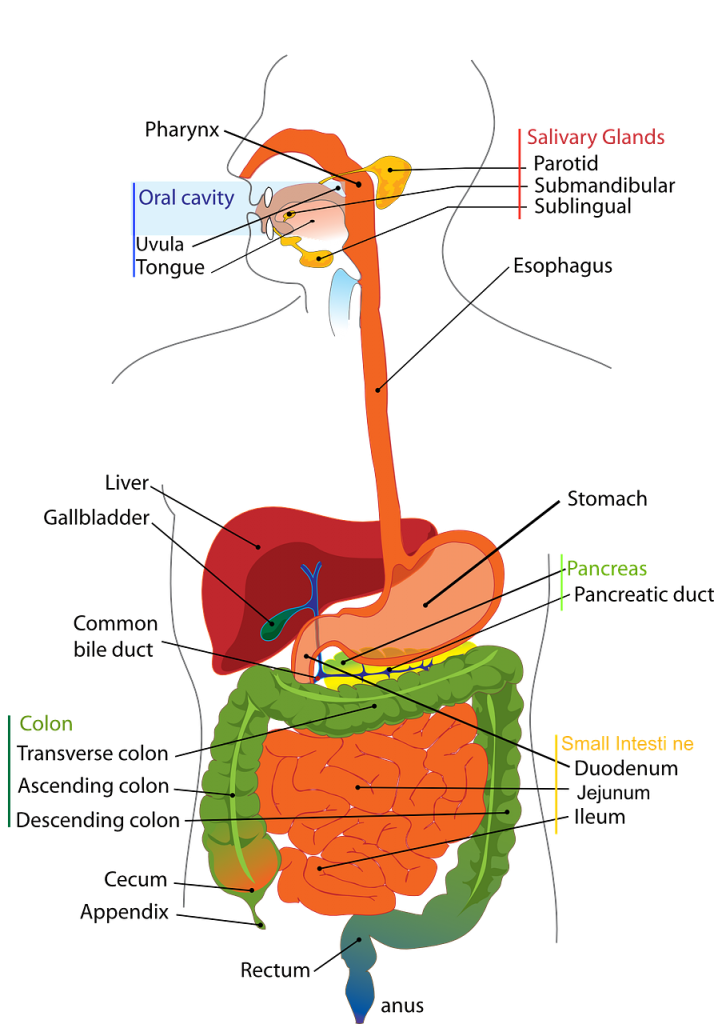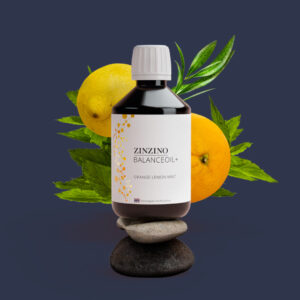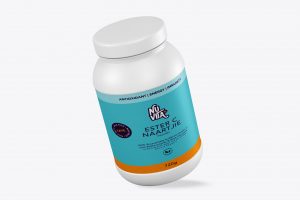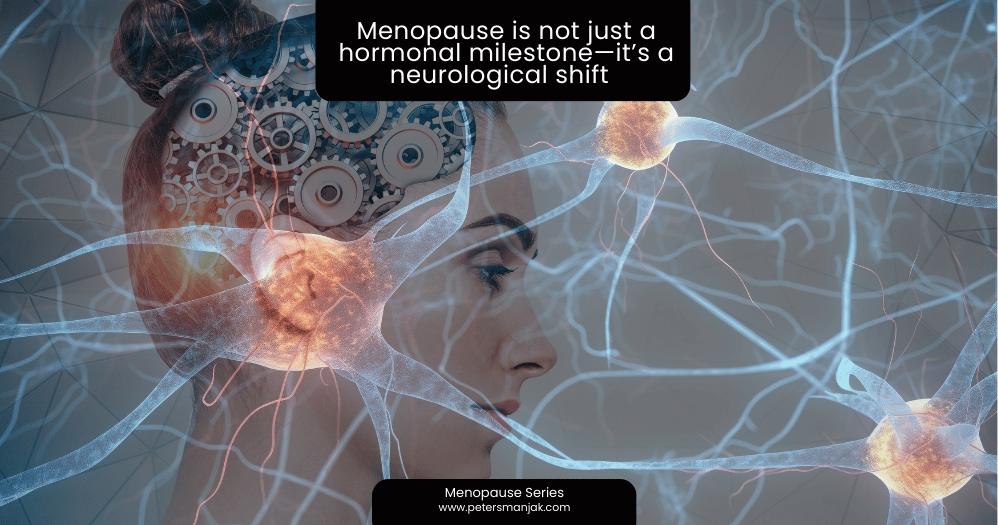Bentonite, a medicinal powdered clay which is also known as montmorillonite, derives from deposits of weathered volcanic ash. Bentonite is an absorbent aluminium phyllosilicate clay consisting mostly of montmorillonite.
One of the first findings of bentonite was in the Cretaceous Benton Shale near Rock River, Wyoming. The Fort Benton Group, along with others in stratigraphic succession, was named after Fort Benton, Montana in the mid-19th century by Fielding Bradford Meek and F. V. Hayden of the U.S. Geological Survey. The different types of bentonite are each named after the respective dominant element, such as potassium, sodium, calcium, and aluminium. Experts debate a number of nomenclatorial problems with the classification of bentonite clays. Bentonite usually forms from weathering of volcanic ash, most often in the presence of water. However, the term bentonite, as well as a similar clay called tonstein, has been used to describe clay beds of uncertain origin. For industrial purposes, two main classes of bentonite exist: sodium and calcium bentonite

It is one of the most effective natural intestinal detoxifying agents available and has been recognized as such for centuries by native peoples around the world. Liquid clay contains minerals that once inside the gastrointestinal tract, are able to absorb toxins and deliver mineral nutrients to an impressive degree. Bentonite clay is inert which means it passes through the body undigested.
Technically, the clay first adsorbs toxins (heavy metals, free radicals, pesticides), attracting them to its extensive surface area where they adhere like flies to sticky paper; then it absorbs the toxins, taking them in the way a sponge mops up a kitchen counter mess.
There is an electrical aspect to bentonite’s ability to bind and absorb toxins. According to experts in the formulation of Bentonite, the clay’s minerals are negatively charged while toxins tend to be positively charged; hence the clay’s attraction works like a magnet drawing metal shavings. But it’s know to be even more involved than that.
Once hydrated (combined with water), Bentonite has an enormous surface area. A single litre bottle can represent a total surface area of 800 metres. Bentonite is made of a great number of tiny platelets, with negative electrical charges on their flat surfaces and positive charges on their edges.
When Bentonite absorbs water and swells, it is stretched open like a highly porous sponge; the toxins are drawn into these spaces by electrical attraction and bound fast. In fact, according to the Canadian Journal of Microbiology (31 [1985], 50-53), bentonite can absorb pathogenic viruses, aflatoxin (a mold), and pesticides and herbicides including Paraquat and Roundup. The clay is eventually eliminated from the body with the toxins bound to its multiple surfaces.
According to produces of Bentonite, it has been stated that bentonite doe snot have any chemical action in the body, but rather its power is purely physical.
Clay’s adsorptive and absorptive qualities may be the key to its multifaceted healing abilities. Drinking clay has helped people eliminate painful ganglion cysts (tumours attached to joints and tendons, in his case, in his wrist) in two months, without surgery.
The benefits reported by people using liquid clay for a period of two to four weeks include: improved intestinal regularity; relief from chronic constipation, diarrhea, indigestion, and ulcers; a surge in physical energy; clearer complexion; brighter, whiter eyes; enhanced alertness; emotional uplift; improved tissue and gum repair; and increased resistance to infections. The clay works on the entire organism. No part of the body is left untouched by its healing energies.
A medical study by Frederic Damrau, M.D., in 1961 (Medical Annals of the District of Columbia) established clearly that bentonite can end bouts of diarrhea. When 35 individuals (average age 51) suffering from diarrhea took two tablespoons of bentonite in distilled water daily, the diarrhea was relieved in 97% (34 of the 35 patients) in 3.8 days, regardless of the original cause of the problem (allergies, virus infection, spastic colitis, or food poisoning). According to Dr. Damrau, bentonite is “safe and highly effective” in treating acute diarrhea.
Further research suggests that the regular intake of liquid clay (typically one to three tablespoons daily, in divided doses) can produce other benefits including parasite removal from the intestines, allergy and hay fever relief, and elimination of anemia and acne. For example, clay helps anemia because it contains both types of dietary iron (ferrous and ferric) in an easily assimilated form; it reduces discomfort from allergies by quickly neutralizing allergens that would otherwise produce allergic reactions; and it reduces heartburn and indigestion by absorbing excess stomach acids.
However, clay’s forte is probably its role as a general internal detoxification and cleansing agent. The action of the clay in the body is that the clay scrapes and cleans the lining of the colon, very similar to that of psyllium husk. Once the colon becomes cleaner, its ability to absorb minerals and other nutrients increases, making the minerals even more bioavailable, thus giving more energy.
NuVita’s liquid Bentonite Clay, contains over 60 trace and ultra-trace minerals, including many that are probably unknown to most consumers, such as ruthenium, tellurium, and thulium. Trace minerals enable the body to absorb nutrients. They act as the bonding agents in and between you and food.
The best way to drink clay is on an empty stomach, or at least an hour before or after a meal or immediately before sleeping at night. Typically, clay is available as a thick tasteless, pale-grey gel, but it also comes as a powder or encapsulated.
Generally, it is advisable to start with one tablespoon daily, mixed with a small amount of juice; observe the results for a week, then gradually increase the dosage to no more than four tablespoons daily, in divided doses. Drinking clay can be an annual spring cleaning of your gastrointestinal tract or it can be a symptom-focused, self-care method.









